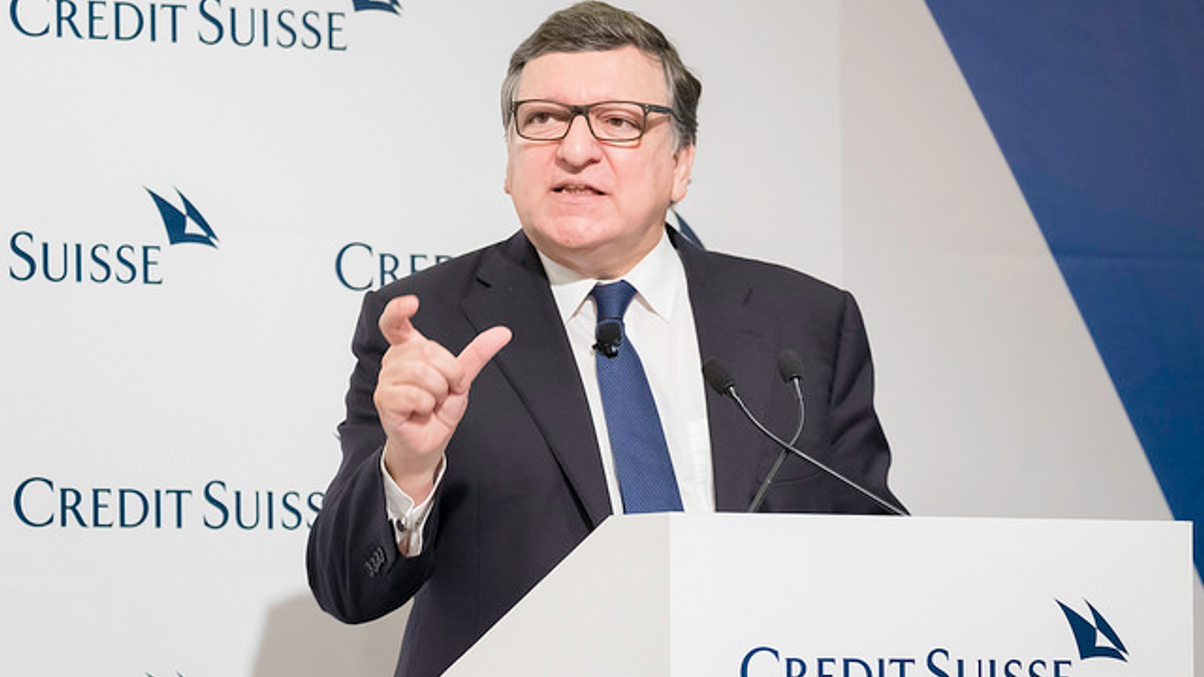Barroso claims European economy has bounced back
The ex-president of the European Commission has told a conference in Hong Kong that major structural reforms have put the EU on the path to growth. He also warned of the threat posed by extremist parties.

The former European Commission president José Manuel Barroso has dismissed sceptics of the EU’s economic recovery, saying that growth was now on an upward trajectory.
Sign in to read on!
Registered users get 2 free articles in 30 days.
Subscribers have full unlimited access to AsianInvestor
Not signed up? New users get 2 free articles per month, plus a 7-day unlimited free trial.
¬ Haymarket Media Limited. All rights reserved.


